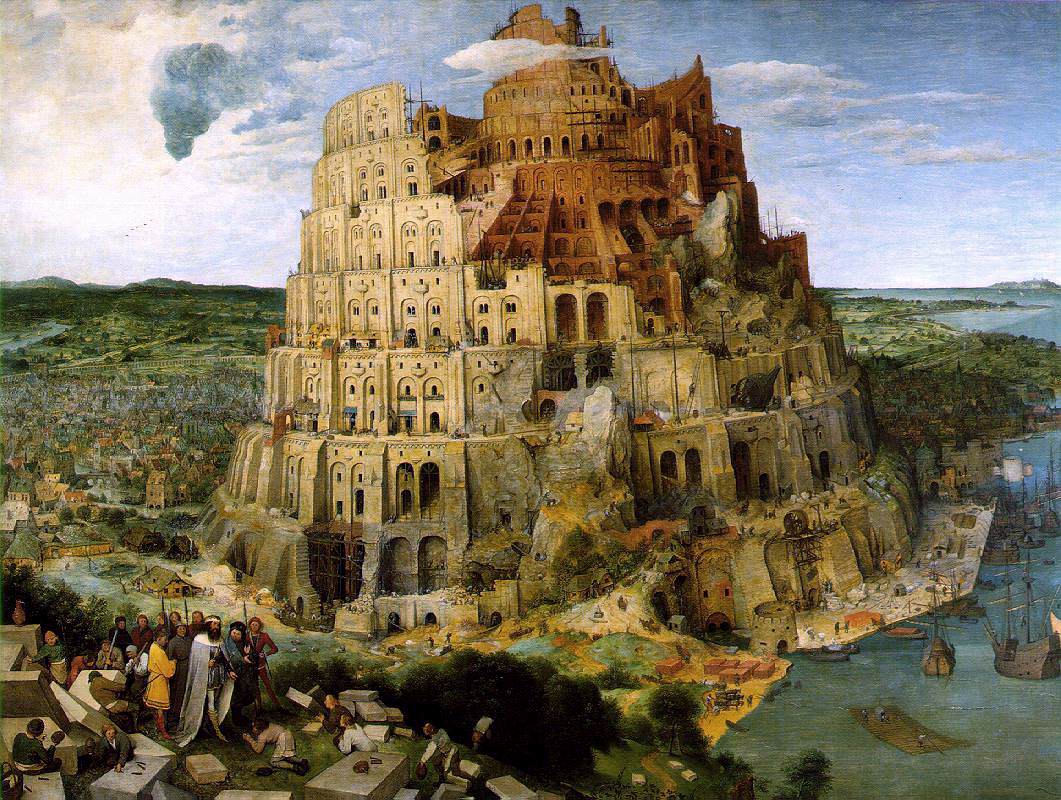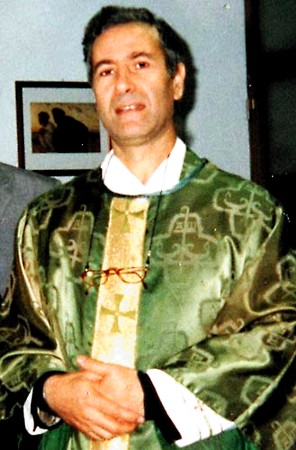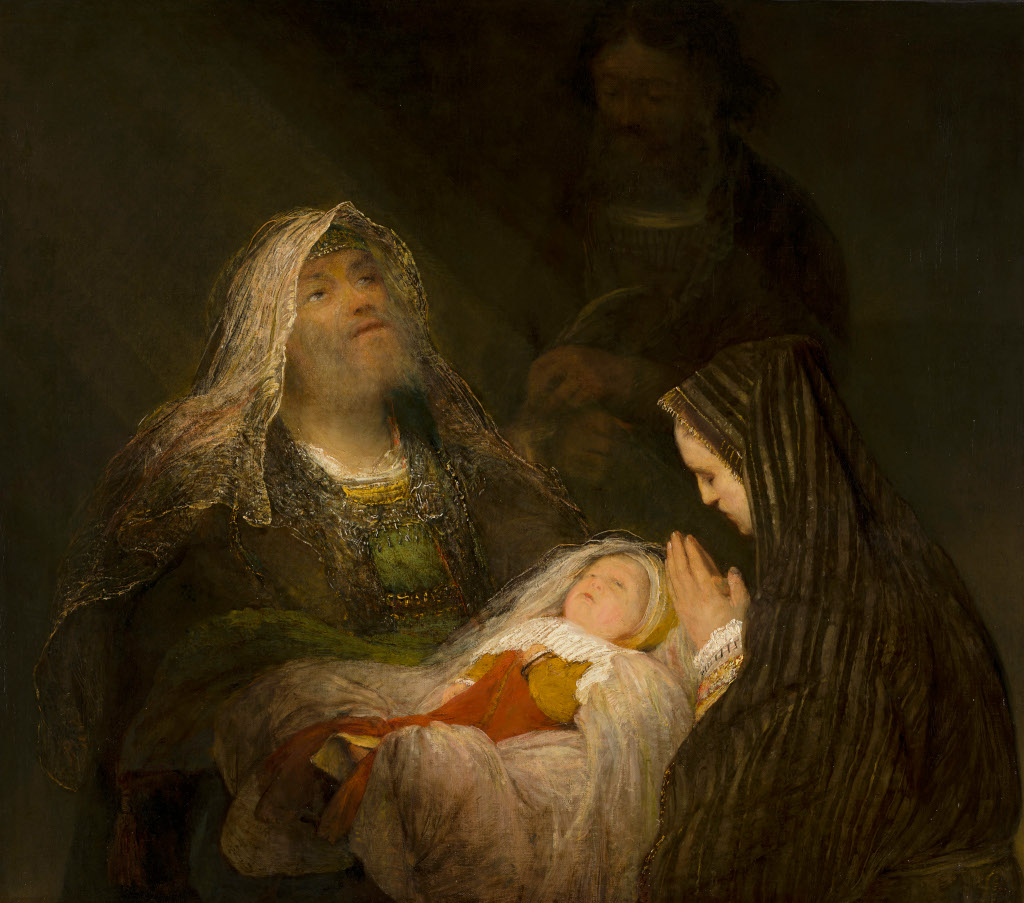It has been a busy week and weekend, and the time I normally used for blogging was directed to writing - I am putting some stuff together on the Acts of St Genesius and pondering publishing.
In the meantime I have had a look at what is occupying some of the bloggers around the world and I see that the forthcoming Instruction on Summorum Pontificum is taking up a lot of cyberspace. I see Damian Thompson has reported that 10,000 traditionalists have signed a petition calling on the Pope not to pull back on the freedom he granted for the celebration of the Extraordinary Form of the Mass. This is the latest contribution in a saga which included one blogger telling us that "Strange, violent, and dark forces wish to derail the application of Summorum Pontificum". Hmmm????
Now I welcomed the Holy Father's decision in granting greater freedom to celebrate the Extraordinary Form, and though I do not celebrate it myself (as of yet), friends of mine do, including one who does so every day as appointed by his bishop. And yes, I do think our seminarians should be trained to say it, as Pope Benedict has requested. I think the Novus Ordo will benefit a great deal from the Extraordinary Form, and hopefully, with the two side by side the celebration of the sacred liturgy in general will improve. I am, however, cautious of what might be (might be) a tad of an overreaction with regard to this Instruction.
Surely if the pope wanted to give more freedom and he sees the value of it, he is hardly going to restrict it, unless, having kept a close eye on things are going, he feels certain limitations may be in order and good for the the Church. I do not accept that dark and violent forces will hoodwink the pope and he will assent to the new Instruction without even reading it. Our Holy Father is a wise and shrewd man, few get to the pull the wool over his eyes - not even arch-deceivers who managed to con the future Blessed John Paul II could do so with Ratzinger.
That said, there needs to be a lot of common sense injected to some of these liturgical debates. I remember speaking to a man who had been missing Sunday Mass for thirty years, only attending a montly Mass with the Society of St Pius X, refusing to attend the Novus Ordo because he said it was invalid. I was told by him that I had never attended in my life, or my seven years as a priest celebrated, a valid Mass. And then there is the other side with women dressing up in vestments made from flowery curtains, elevating sliced pans and cups of grape juice!
















.jpg)









